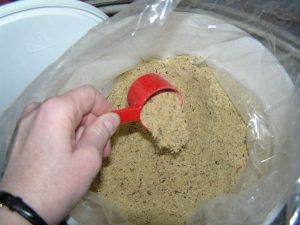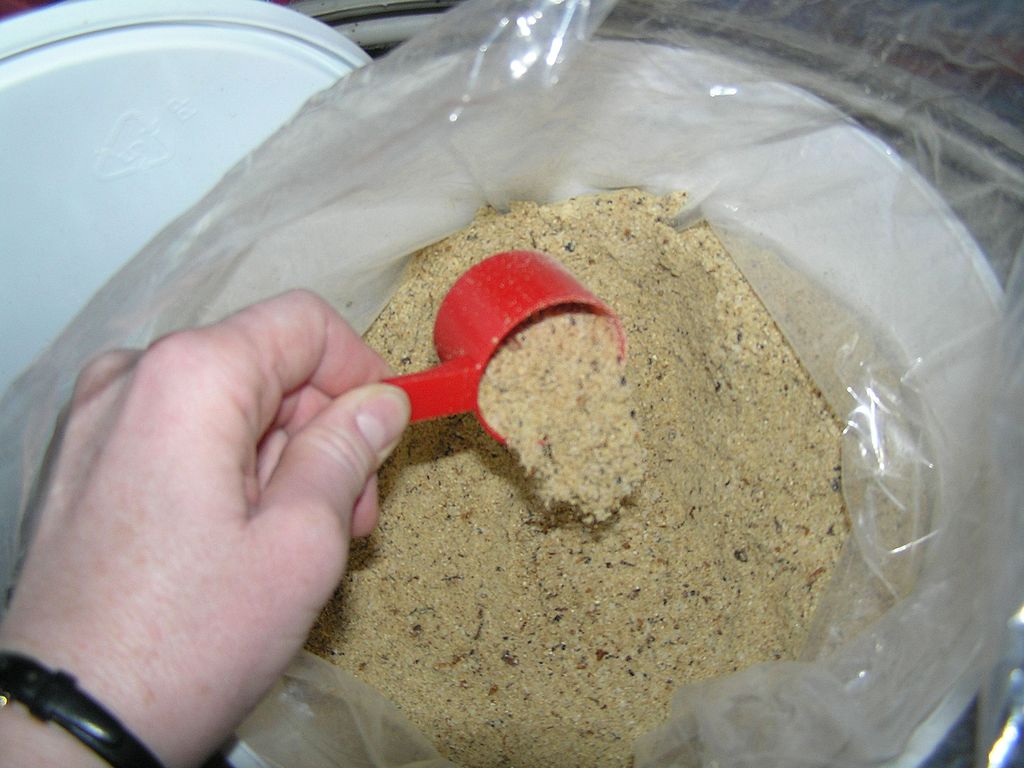 Prior to picking out a GI supplement for your horse, I would highly recommend you refer to an earlier blog I wrote discussing how to go about picking a general nutritional supplement. The post contains some decent tips and tricks to better prepare you to find the best GI supplement for your horse.
Prior to picking out a GI supplement for your horse, I would highly recommend you refer to an earlier blog I wrote discussing how to go about picking a general nutritional supplement. The post contains some decent tips and tricks to better prepare you to find the best GI supplement for your horse.
Once you have a general idea of how to pick a bioavailable supplement, let’s dive into why you would want to supply a GI support supplement.
Does your horse need a GI supplement?
Some of the most common reasons I recommend a GI supplement include:
• Chronic, mild episodes of gas colic
• Chronic gastric ulcers
• Chronic diarrhea
• Sand accumulation in the hind gut
• Recovering from acute colic surgery
• Intoxication (plants, feed, GI disease, etc.)
• Long term use of Non-Steroidal Anti-inflammatory Drugs (NSAIDs)
What ingredients should the supplement include?
If we’re looking to repopulate the equine GI tract with healthy bacteria, stick with a product containing Sacchromyces boullardi organisms. These bugs seem to be able to survive the incredibly acidic environment of the equine stomach so that they can make it to the hind gut to elicit a beneficial response. In addition, certain strains of microorganisms, like Lactobacillus, can also competitively disable pathologic bacteria within the GI tract to keep them from initiating a disease process.
As for the foregut, horses suffering from chronic gastric ulcers can usually benefit from long term supplementation of a product geared towards neutralizing the acid naturally produced in the stomach. This can include any kind of a chemical base but the key to delivering an efficacious response with these products is the consistency in which the supplement is delivered. Horses empty their stomachs every 10-15 minutes so direct buffering of the stomach contents must be an ongoing process. For best effect, these supplements are provided several times a day. There are also several plant-based products, like aloe vera, that some owners have anecdotally found to be effective.
What do the studies say?
In over the counter research studies pertaining to veterinary probiotics, label claims regarding the species and number of viable organisms in the product, appear to be quite inaccurate. As such, it is often more effective to focus on providing valuable prebiotics for the microorganisms currently residing in your horse’s GI tract. Many of the prebiotics on the market contain various type of high-value fiber products for the microbes to ferment. Since the forage and fiber in these products isn’t damaged by the acidic nature of the stomach contents, this is often a better approach to caring for the hind gut microbes.
Overall, there is a vast array of supplements on the market and most of them are not worth the investment. If you have concerns about the health of your horse’s GI tract, please reach out to your veterinarian and we will be more than happy to recommend products we have found to be most beneficial in each situation.



